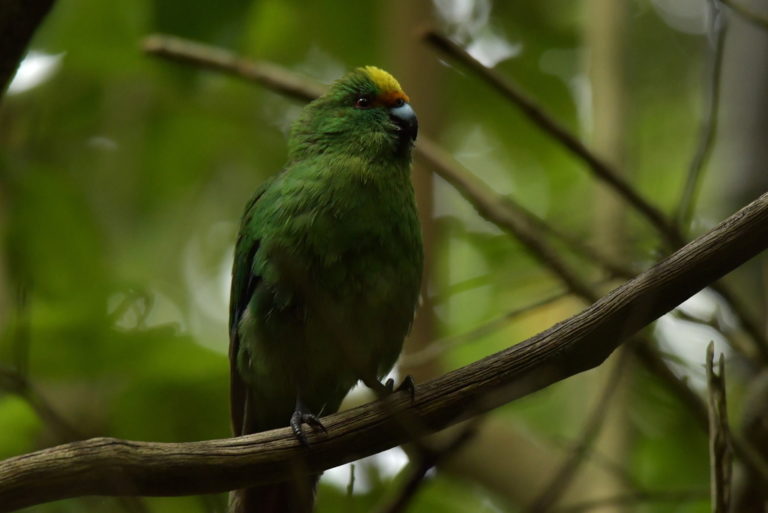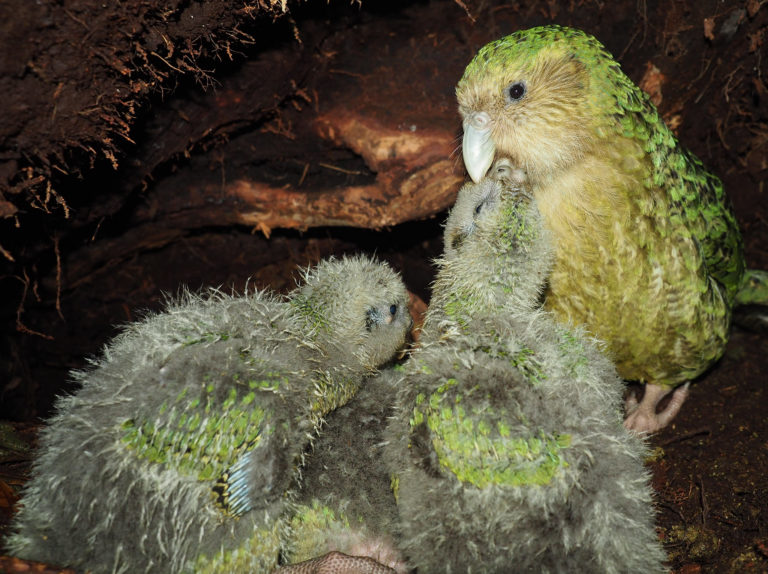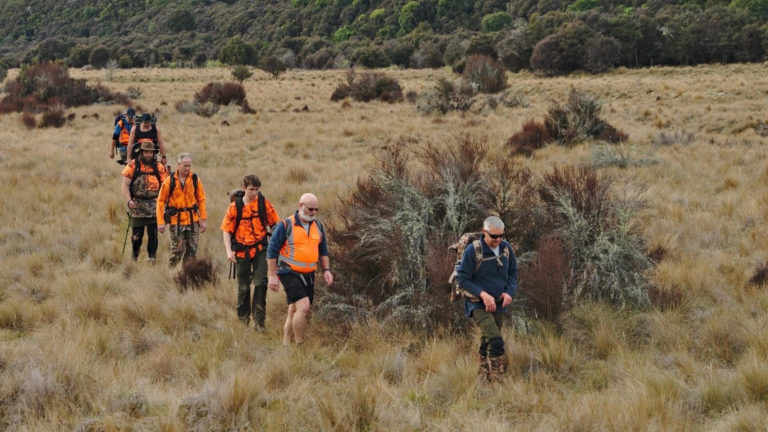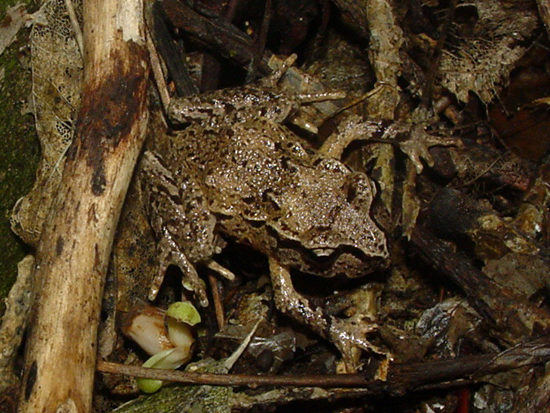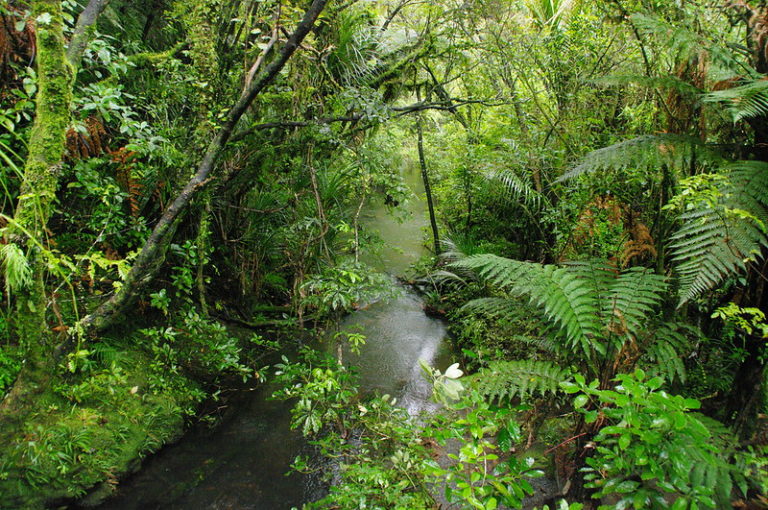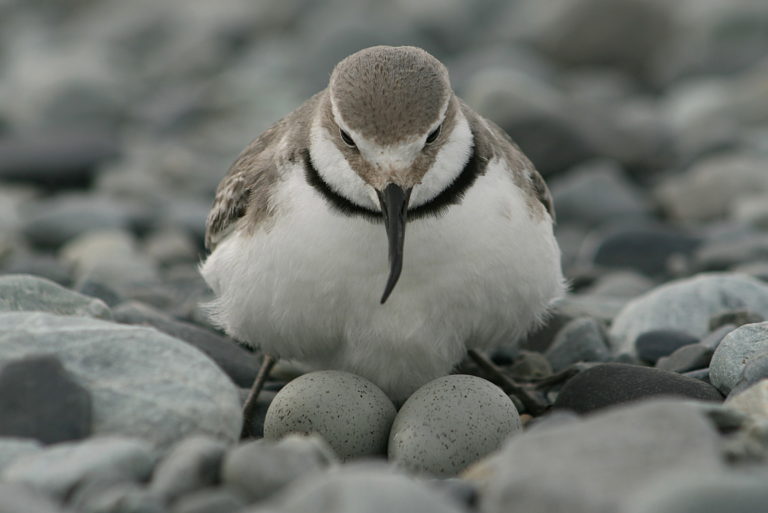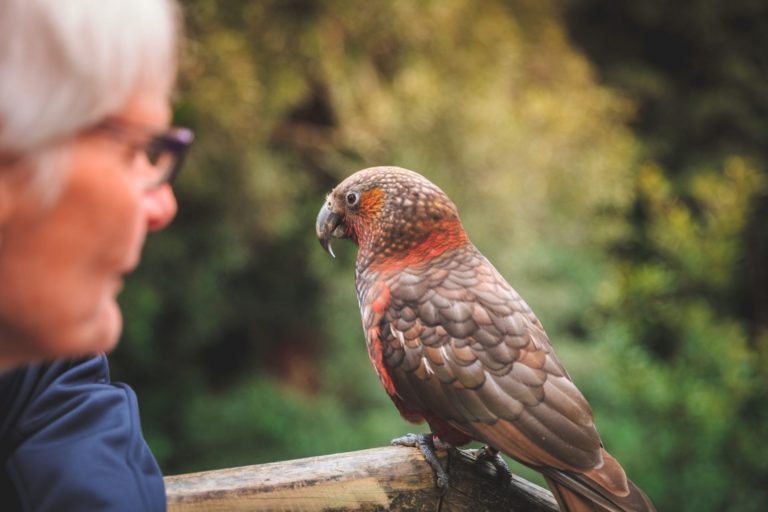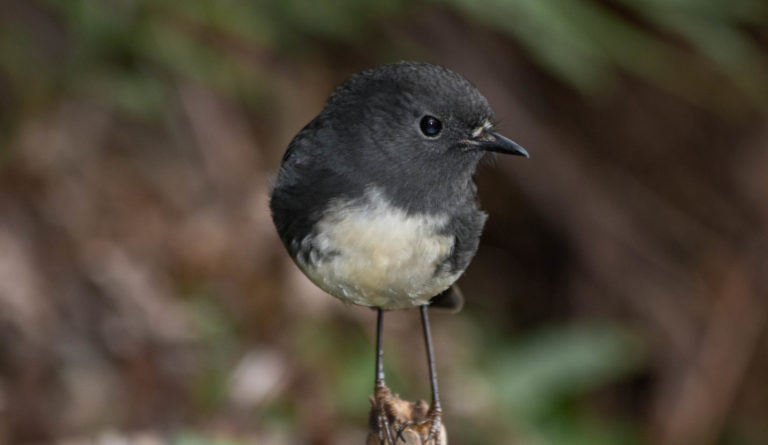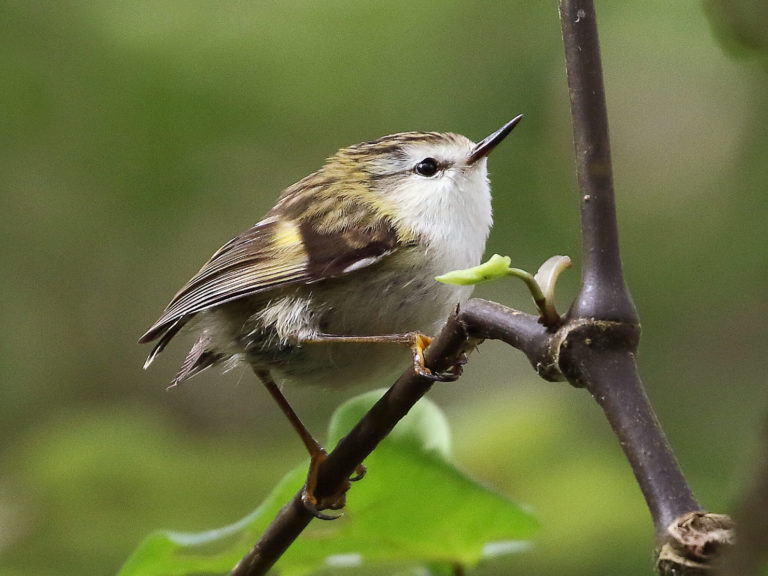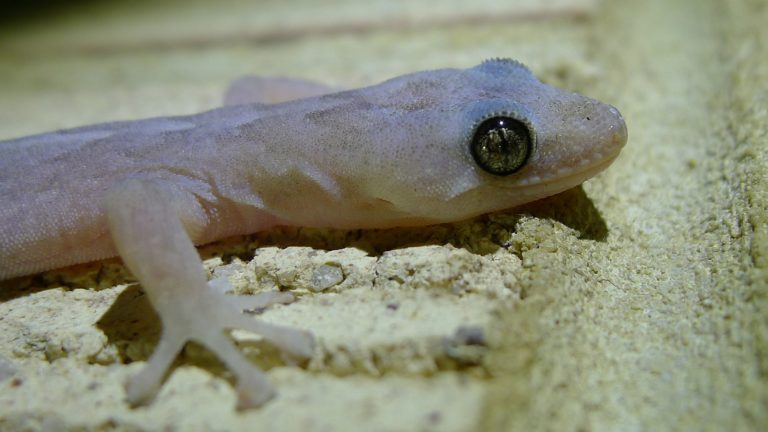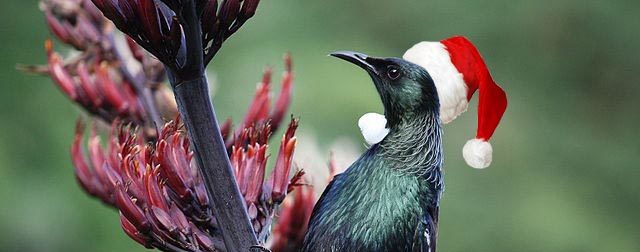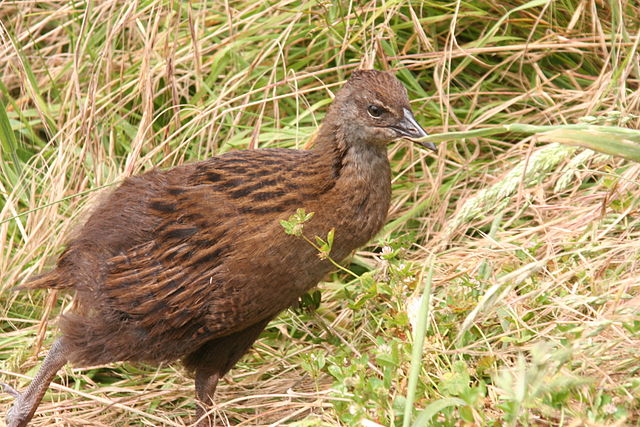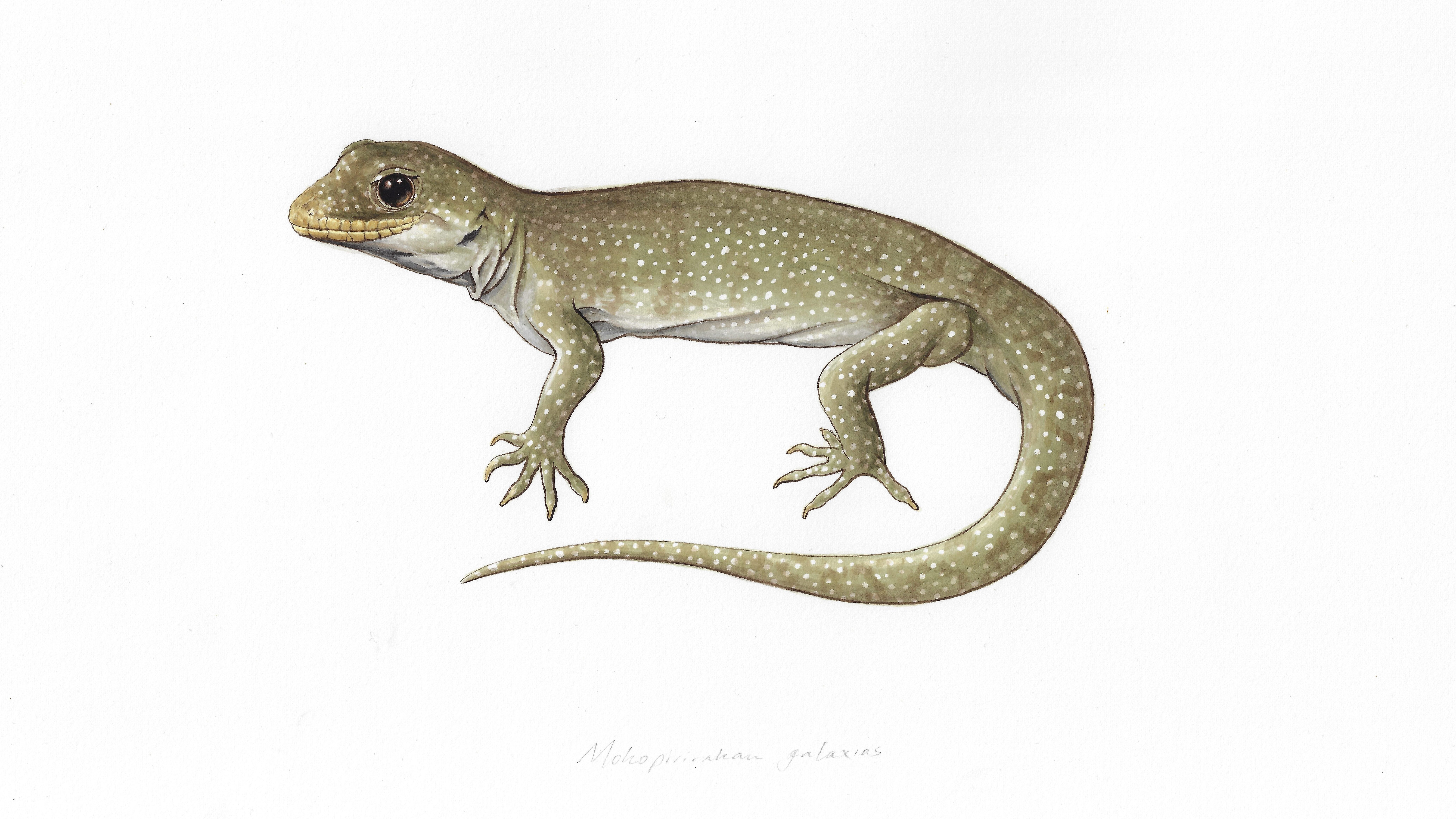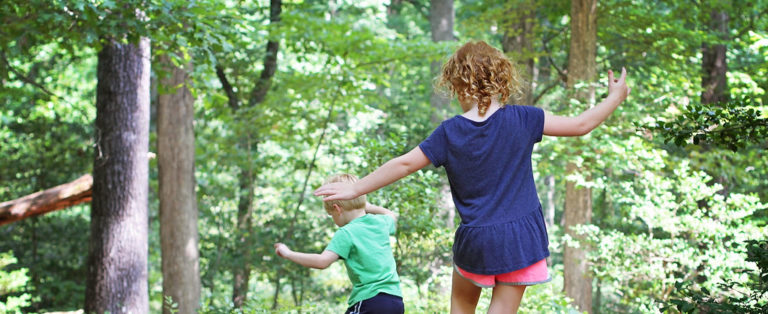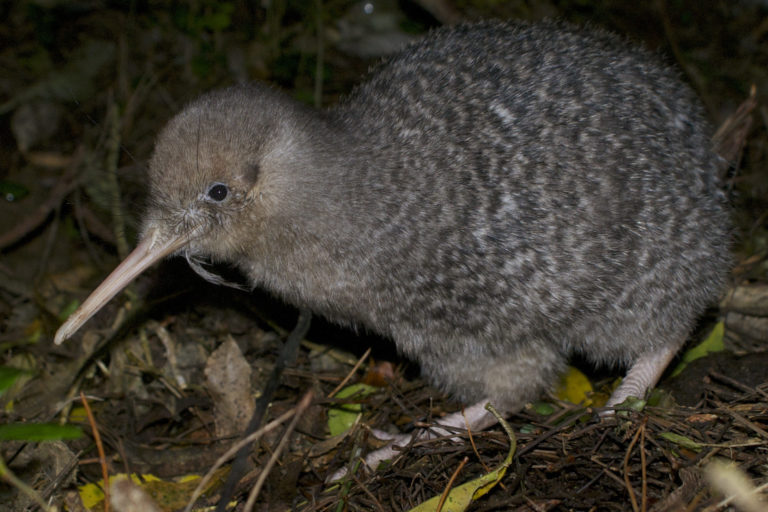The challenges of counting kākāriki
Counting green parakeets in an equally green forest can be something of a challenge even for the experts. But when those parakeets are as rare…
Love is in the air: bumper breeding season for kākāpō
Cupid’s bow and arrow have well and truly hit their mark this kākāpō breeding season. We’ve seen mammoth mating sessions, super-sized clutches, and reclusive bachelors…
Unusual offices: A glimpse at the life of a Taupō predator free apprentice
They say if you choose a career you love, you’ll never work a day in your life. Technically, apprentice Finn Giddy works “bloody hard” –…
Native frog behaviour surprises scientists
It might be time to update the textbooks and webpages on the Maud Island frog. It seems our odd little endemic amphibian might not be…
The missing link: 5 crucial ways conservation and climate change are connected
Conservation and climate change have a lot in common. They are big challenges that require big solutions. The good news? Protecting the environment helps our…
‘Fake news’ foils would be predators
To survive and succeed in the wild, every meal an introduced predator eats has to be worth the effort and energy it takes to obtain…
8 New Zealand ecosanctuaries you can’t miss this summer
Escape into nature these summer holidays by visiting some of our amazing New Zealand ecosanctuaries. Some incredible New Zealand ecosanctuaries are worth exploring while you’re…
Robins return – but where are all the tomtits?
Is there such a thing as being too successful? A recent Fiordland study on the recovery of forest birds after longterm predator control and eradication…
Fluffy green pingpong balls: 5 facts you should know about titipounamu
Described as a “marshmallow on legs”, titipounamu (rifleman) are one of two surviving species of endemic wren. We already know they’re adorable, so what else…
Feral cats feast on Australian reptiles
There are a lot of cats in Australia – researchers have calculated that the total number of feral cats in largely natural landscapes averages 2.07…
Our 2021 holiday feel-good gift guide
The holiday season is fast approaching and we have some fantastic gift ideas that our native species will enjoy too! Essential gifts for the backyard…
Time to rethink the weka’s bad-boy image
Weka don’t tend to be the first bird chosen for reintroduction in recovering habitats. Their destructive and predatory tendencies make them controversial residents in restoration…
Native lizard poster captures illustrators heart
Aotearoa New Zealand might be known as a ‘land of birds’ but we’ve teamed up with local illustrator Erin Forsyth to highlight native lizards in…
5 fun conservation activities for the family
Get your family excited about helping our native species with these easy, practical activities. Whether you’re having a quiet rainy day or you’re looking for an…
Hybrid kiwi uncovered in genetic study
Untangling the whakapapa of our kiwi can be more complicated than you might think – and appearances can sometimes be deceptive. It seems even the…

